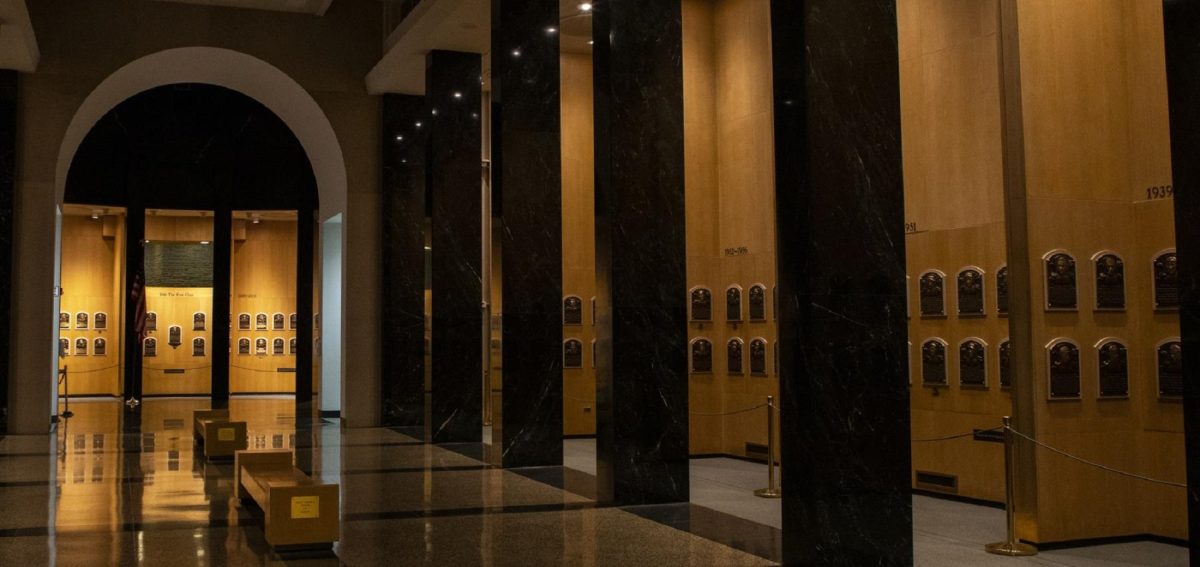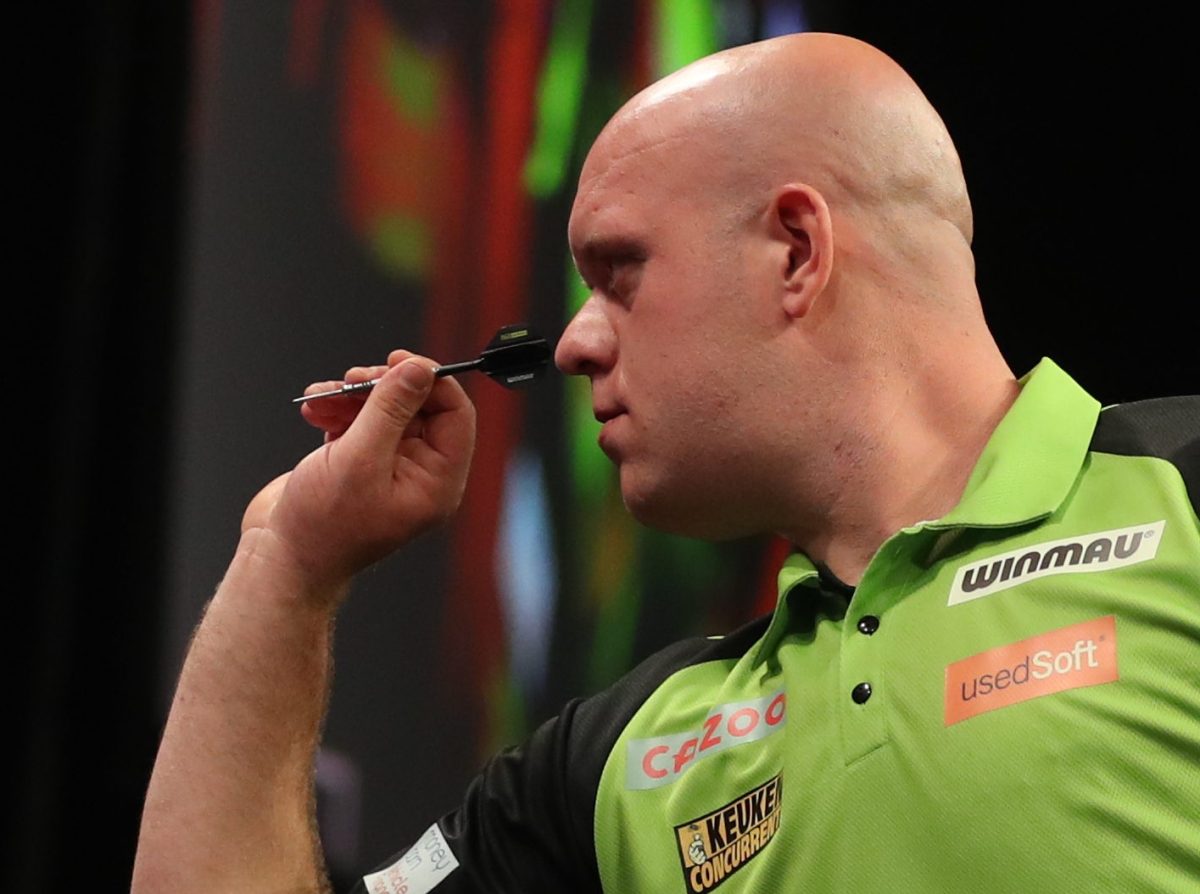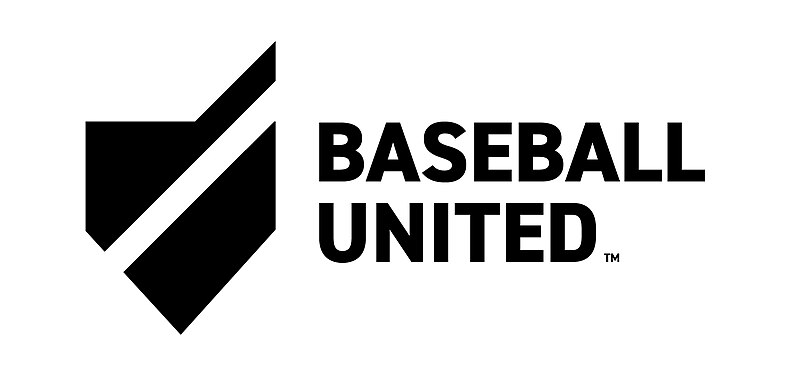The Super Bowl is an event on par with a national holiday. The Women’s World Cup drew record viewing numbers and captivated the country. Ronda Rousey demolishing Bethe Correia on Saturday made me so amped I could have punched a wall.
Big-time sports events like these are awesome to watch and hugely popular. There’s nothing like watching a championship buzzer beater or a ninth-inning rally.
However, most sporting events notably lack a feeling of climax or urgency. Each NBA team plays 82 games, meaning 1,230 total regular season games, while an MLB regular season, with a lengthy 162 games per team, consists of a staggering 2,430 games (not even counting playoffs). And we haven’t even started discussing football, soccer, hockey, tennis, golf, the Olympics, boxing, MMA, college sports and an untold number of more minor events. Taken together, the wide world of sports is really, really wide.
With so many events played on such a regular basis, it’s hard to generate compelling storylines or real stakes. For example, on Sunday I watched some of the Quicken Loans National where the big storyline was how badly Tiger Woods played (yet again). When I got bored, I could flip to a meaningless exhibition soccer game between Barcelona and Fiorentina or watch the San Francisco Giants battle the hapless Texas Rangers to a 2-1 finish with little offense for most of the game. I wasn’t exactly jumping out of my chair at any point.
For all but the biggest diehards, sports can often be boring day to day. Fortunately, there’s an easy fix to rejuvenate the viewing experience with drama and anticipation: legalize sports gambling nationwide.
Sports gambling is the process of betting money on a certain outcome in a sporting event, whether it be which team wins or whether a certain event happens (like LeBron James getting a triple double). While currently illegal in the United States except in a couple of states, most notably Nevada, illicit sports gambling is flourishing. Legal gambling in Las Vegas totals about $4 billion per year while illegal sports betting is somewhere between $80 billion and $380 billion per year. That kind of cash flow shows that the ban isn’t stopping anyone. One of my friends illegally places his bets through the Cayman Islands. Legalizing sports gambling would allow the industry to be regulated and taxed while making things simpler for gamblers.
Moreover, while sports betting is illegal, fantasy sports sites like DraftKings are totally legitimate. The difference? In “fantasy sports for cash,” the betting is on individual players doing well, not on outcomes. In reality, this distinction is pure semantics and lacks a good rationale.
On the viewing side, being able to bet on sports makes any event instantly exciting. A game between the 76ers and the Knicks takes on new meaning when you have money riding on the outcome. Allowing gambling will improve viewing numbers for professional sports and generate buzz. Even small-time sports like bass fishing and cricket can have spreads.
To see the impact gambling can have on the fan experience, look no further than my friend John. He spent the weekend watching the same golf tournament I watched on Sunday, the Quicken Loans National. But where I was reading a magazine and casually glancing at the television, he was rapt in attention tracking the standing of the golfers he bet on. The stakes? $3. Betting isn’t just about the money. Just like playing sports, gambling is about the winning and losing.
For those worried about gambling dirtying the game, look around for a moment. There are wife beaters, cheaters, drug abusers and con artists in and around sports already. Adding legal gambling to the game will not be its downfall. Plus, places that have already legalized sports betting have seen no noticeable increase in foul play.
It must be noted that gambling addictions are serious and dangerous. However, someone who is a gambling addict will place irresponsible bets regardless of legality. The best way to help addicted gamblers is to use regulations to limit the financial exposure someone can have while using gambling tax money to fund rehabilitation programs.
When all the evidence is taken together, the ban on gambling is leaky and outdated. Allowing sports betting will generate taxes, help smaller sporting events garner interest and give sports fans a new outlet for their passion. While there are some small drawbacks, the pros far outweigh the cons. For Pete (Rose)’s sake, let the bets begin!
Russell Guertin is a rising sophomore in the School of Foreign Service. The Benchwarmer Report appears every other Tuesday.






















